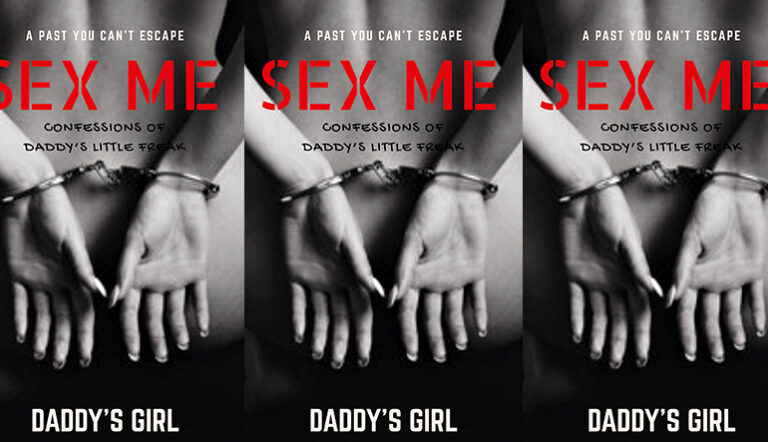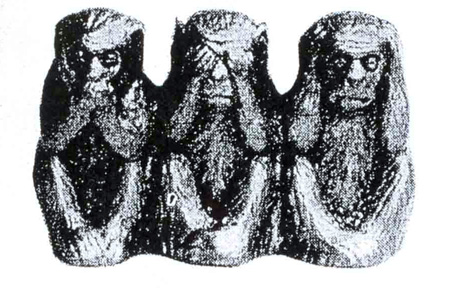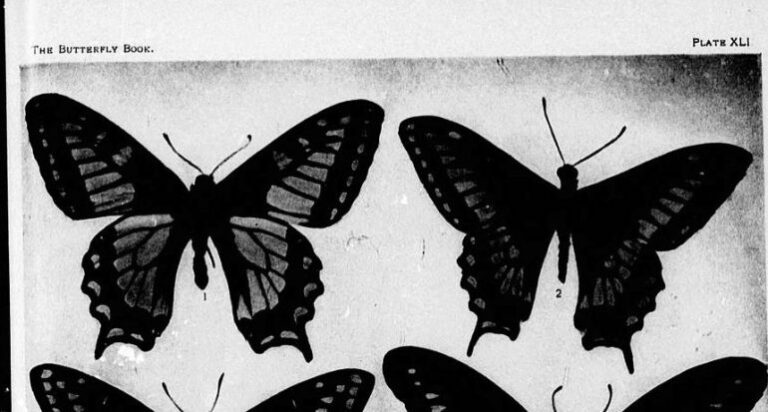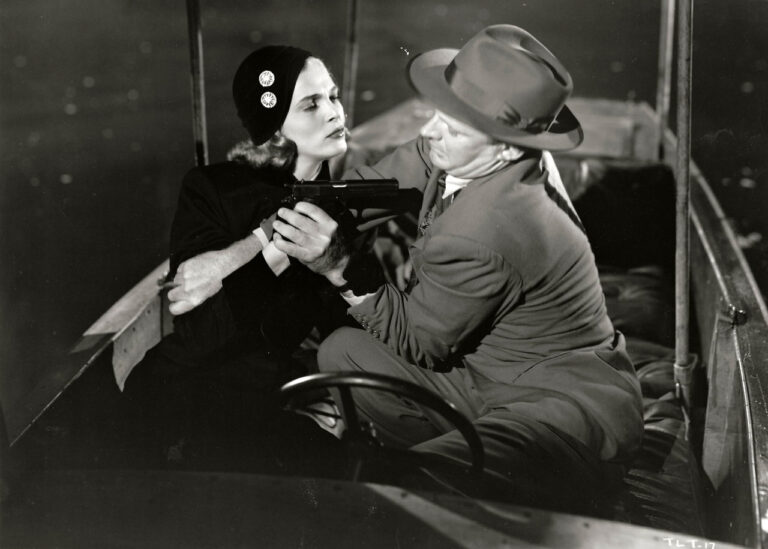Nabokovian Desire in Sex Me: Confessions of Daddy’s Little Freak
In wondering why victims stay in abusive relationships, people often ignore the more pressing question: why don’t abusers stop abusing?
Please note that orders placed between February 1-February 17 will not be shipped until February 17. Thank you for your patience.

In wondering why victims stay in abusive relationships, people often ignore the more pressing question: why don’t abusers stop abusing?

I am not saying Lolita is a bad book, or that its fans or Nabokov are complicit in sexism; just that it’s not a story I care about delving into. I always thought this was because I wasn’t open-minded enough as a reader—until I met The Lover, by Marguerite Duras, a novel centering on an affair between a poverty-stricken white teenage girl and a very wealthy Chinese man over a decade her senior in colonial Vietnam.

In Martin John, Anakana Schofield presents us with a sexual deviant hiding out in London having fled the West of Ireland. Where does this novel sit in relation to such works as Nabokov’s Lolita and A.M. Homes’ The End of Alice, and what role do such works serve?

If that reality was so vital to Nabokov, if its silenced heart is what makes the novel so haunting, then there is space, surely, surely, for the real, breathing girl to speak properly.

The US owns the road novel—for good reason. There’s Lolita, The Grapes of Wrath, and On the Road—to name just a few.

In The Girl On The Train, which recently hit paperback and movie theaters, the narrative reliability of Rachel, the book’s protagonist, becomes a question from the very first chapter. On the first evening of the book, we find her drinking canned gin and tonics on the subway on her way home.

If we look at the wider socio-political context of Lolita blogs, in which the bodies of young girls are continually claimed, fetishized, vilified, it makes perfect sense that a young girl would relate to a character who has had the same done to her. I know I did. I know I still do.

New Year’s Eve has always struck me as sort of a strained holiday. The newness it represents feels invisible to me, no matter the countdowns and music and noisemakers piled on it—a threshold in the air, a line that’s there because we say it is. I’m always so aware of being my same old self,…

Last week, I received a fiction pitch I knew I would reject a few lines in. It contained the phrase, “after he discovers a family secret long since buried.” (Or something like that.) I wrote back to the author and admitted that I was passing because, while other people might like books about that, I’m…
No products in the cart.